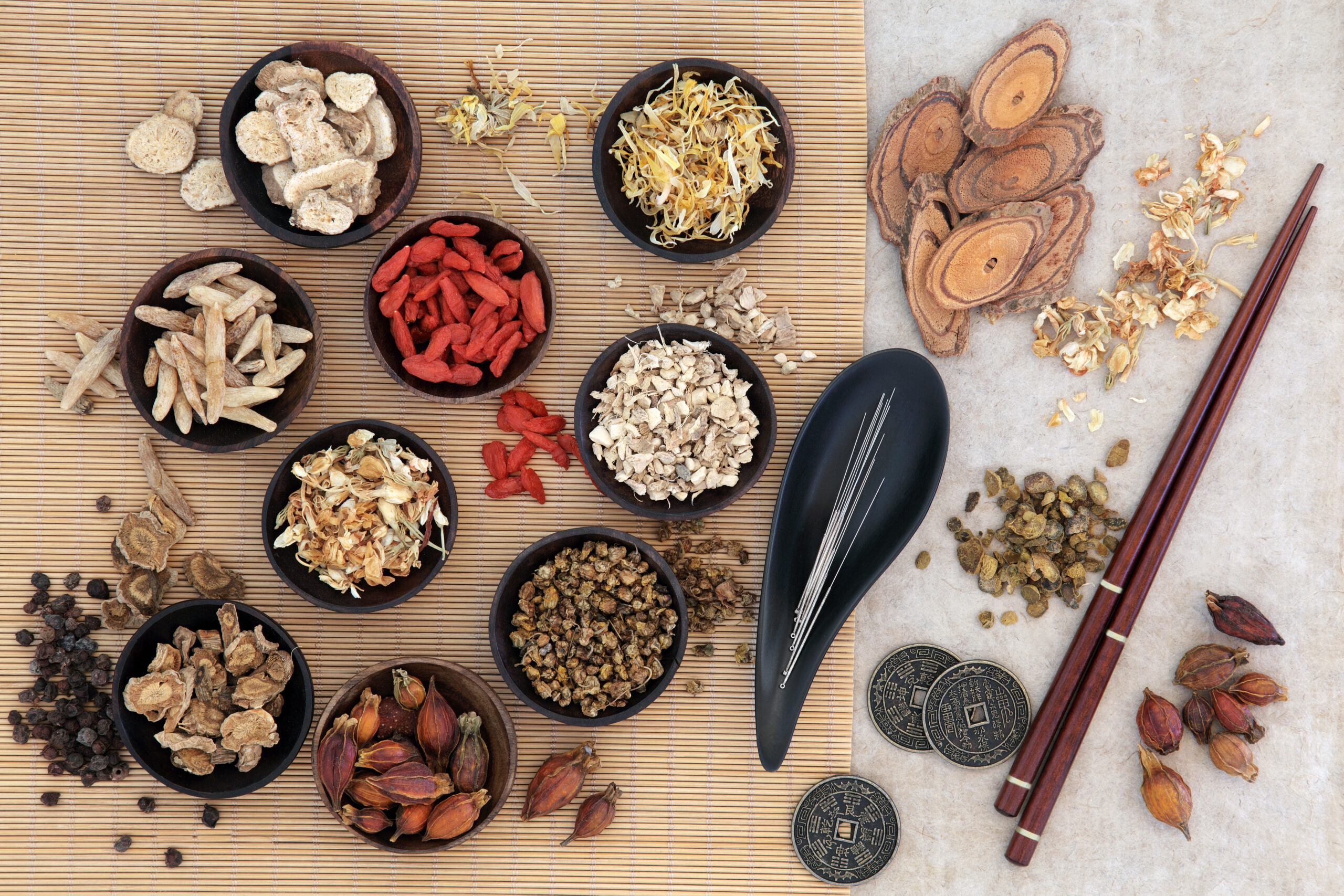
Traditional Chinese Medicine and Summer
Summer is here and it’s probably the most anticipated time of year. The days seem to stretch on forever and are full of sunshine and summer showers. This is the most energetic time of year as nature continues to grow and enrich itself. This time of year presents us with the opportunity to use those deep energy reserves we built up over winter. Traditional Chinese Medicine provides us with guidance on how to maintain balance and harmony during this massive influx of energy that could otherwise throw us into chaos. Today, we’re going over the teachings about summer and what to focus on this time of year to maintain good health.
What is Traditional Chinese Medicine?
Traditional Chinese Medicine (TCM) is an ancient medical system that has evolved over thousands of years and is used to diagnose, treat, and prevent illness and disease. There are many branches of TCM, like acupuncture, tai chi, and herbal medicine. The foundational principle in TCM is that vital energy called Qi flows through our bodies. When Qi becomes imbalanced or stagnates, this causes us to become sick. Each branch of TCM employs techniques designed to restore balance and activate our bodies’ natural healing processes.
How does Traditional Chinese Medicine differ from western medicine?
The fundamental difference is in TCM’s holistic approach to medical treatment. Traditional Chinese Medicine treats all systems and organs in the body as being deeply interconnected. This interconnectedness is how modalities like acupuncture, which is non-invasive, treat conditions affecting deep tissue and internal organs. Further, TCM practitioners tailor their treatments to their patients’ individual needs, rather than rely on statistical models for how a condition should be treated. Put more simply, the goal is to restore you to good health rather than simply treat a collection of symptoms.
Why are the seasons important to Traditional Chinese Medicine?
In Traditional Chinese Medicine, the body is viewed as a microcosm of the larger surround universe. Each season corresponds with one of the five natural elements – fire, earth, metal, water, and wood. These elements also exist within us. The abundance of a season’s element can cause imbalance that disrupts our health. To maintain good health, TCM councils that we pay close attention to the bodily system’s most influenced by each season’s element, to nourish our bodies with foods that promote balance, and to engage in activities that harmonize with that season’s energy.
Summer according to Traditional Chinese Medicine
ummer is a time of abundant energy, long days, and sunshine. This is the time of year to start using all that energy you stored up during winter. Summer is ruled by the fire element, which is intense, dynamic, warm, and moving. It’s also associated with Yang energy, and represents expansion, movement, and activity. Summer presents us with the opportunity to put in motion all of the plans we formed in winter and spring.
Why is the fire element important?
While in western society we tend to associate fire with destruction, in Traditional Chinese Medicine, it is a positive force associated with life coming into full bloom or mature fruition. The fire element is expansive and enthusiastic, making it the most appropriate element for summer. It represents joy, passion, and love. However, when fire is out of balance, it causes symptoms of anxiety, excessive sweating, and flushing of the face.
The heart and small intestine
The two organs that correspond with summer are the heart and small intestine. The heart, which pumps blood throughout our bodies, is also the home to our Shen, or spirit. As such, it is considered to be the source of our internal harmony.
The small intestine is one of our digestive organs. Its role in eliminating waste or unnecessary products extends to separating the pure and impure. This includes not just the physical aspect of digesting nutrition, but to how we process information and our emotions.

What to focus on in summer
While energy abounds in summer, it is important to not get so caught up in it that we neglect our inner balance and harmony. This season is all about getting out into the world and taking advantage of all the fruits and vegetables that are coming into season. We can prevent imbalance by tending to the health of both our heart and small intestine. Some symptoms of imbalance to watch out for include excessive sweating, irritability, insomnia or restless sleep, heat exhaustion, and heart palpitations.
Embrace this energetic season
Summer is all about action and realizing our full potential. Spending lots of time outdoors and socializing is nourishing for our bodies and spirit. This is also the time to bring all those plans you made in winter to fruition.
During the summer, we should step up our workouts to include more active exercise. Focusing on cardio is also beneficial to our heart health, which is another focus in summer.
Focus on heart and small intestine health
It’s important to tend to both our heart and small intestine during the summer. Cardiovascular exercise will strengthen your heart and ensure blood is circulating through your whole body. If you’ve been thinking about getting into shape, summer is a good time to step up your exercise.
When it comes to small intestine health, focus on eating a balanced diet and avoid eating too many cold foods like ice cream or frozen fruit smoothies – as tempting as they are! During your summer tune-up appointment, your acupuncturist will pay special attention to the small intestine meridian to ensure optimal digestion.
Nourish your body
Dehydration is a common challenge in summer as the heat has us sweating and losing water in our bodies. It’s important to drink lots of fluids. Although, you should avoid drinking too much ice water as this introduces excessive cold into your small intestine, which causes imbalance.
Eating foods with high water content will help keep you hydrated, as well as make you more resilient to the heat. Consider adding foods like watermelon, cucumber, cantaloupe, sprouts, bok choy, and oranges to your diet. Adding mint and lemon to your water or green tea will also help keep you cool during the summer months.



